
-
Feeling the Rainbow: LGBT Rights and Reforms
Read more: Feeling the Rainbow: LGBT Rights and Reformsby Senthorun Raj Do I feel proud? This was a question I reflected on recently while gathered with several sweaty […]


by Senthorun Raj Do I feel proud? This was a question I reflected on recently while gathered with several sweaty […]
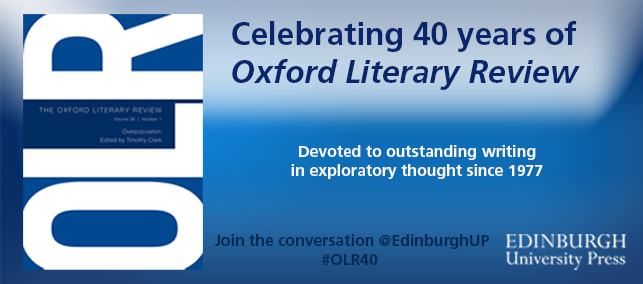
Welcome to the not-so-sunny days of August where, in the perpetual spirit of celebrating OLR’s 40th anniversary, we are sharing the work of Ann Smock, currently Professor Emerita of French at the University of California. Perhaps best known for her…
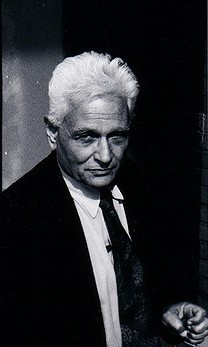
Welcome to July! This month we are doubly celebrating as, not only does OLR keep embracing the ripe age of 40 with grace, but Jacques Derrida was also born on this day in 1930. I, like many others I’m sure,…
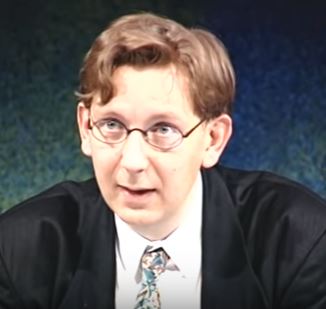
At just the age of 34, Bill Readings sadly died in a plane crash. He left behind a legacy of critical thinking and debate and was well renowned for being an outstanding thinker and a rigorous yet caring mentor. To…

Continuing our celebrations of OLR’s 40th Anniversary and its widespread impact, this month we are highlighting Jacques Derrida’s ‘Let us not Forget—Psychoanalysis’. Initially presented orally as the introduction to René Major’s ‘Reason from the Unconscious’ on 16th December 1988…

Can the contents of an academic book be expressed by means other than words? In centuries past, it was common for a book to have a lavishly illustrated cover which, through signs and symbols, informed the prospective reader what the…
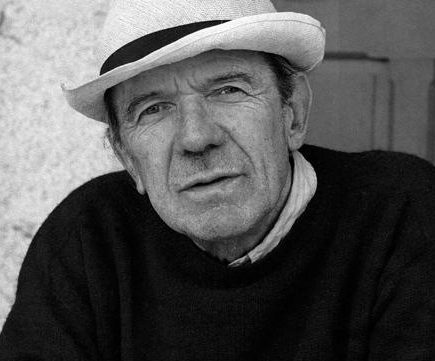
Last month we celebrated the writing of Hélène Cixous, both as part of Women’s History Month and of OLR’s 40th Anniversary. This month, we are sticking with the ever-wonderful Cixous as we delve into Gilles Deleuze’s article, ‘Hélène Cixous…
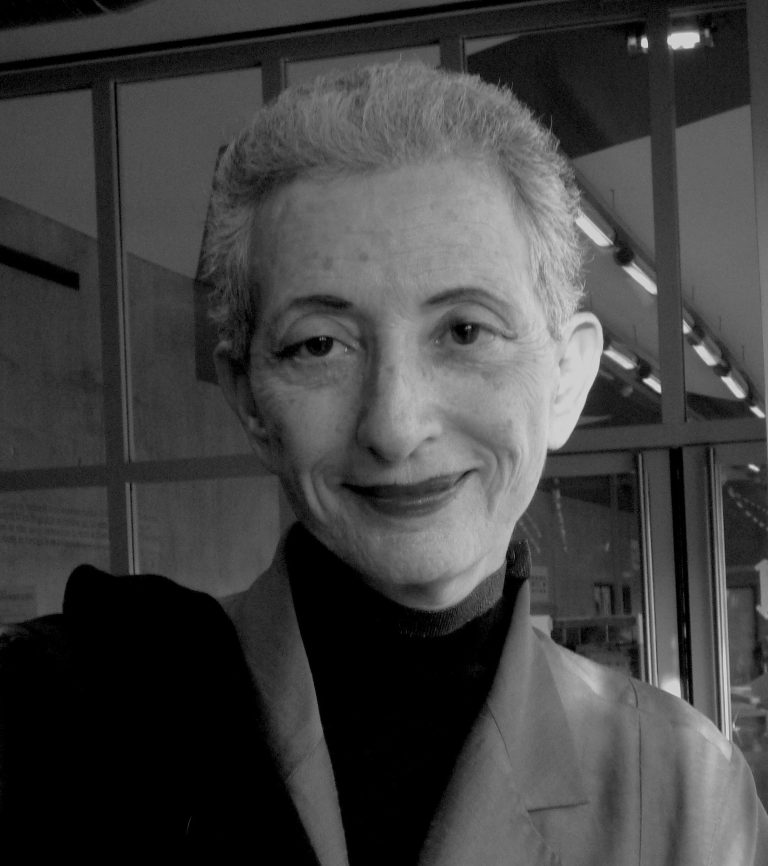
Welcome to March, where we are not only celebrating OLR’s 40th Anniversary, but also Women’s History Month. In honour of these two events, we are sharing the work of Hélène Cixous. An academic, philosopher, literary theorist, playwright and feminist,…
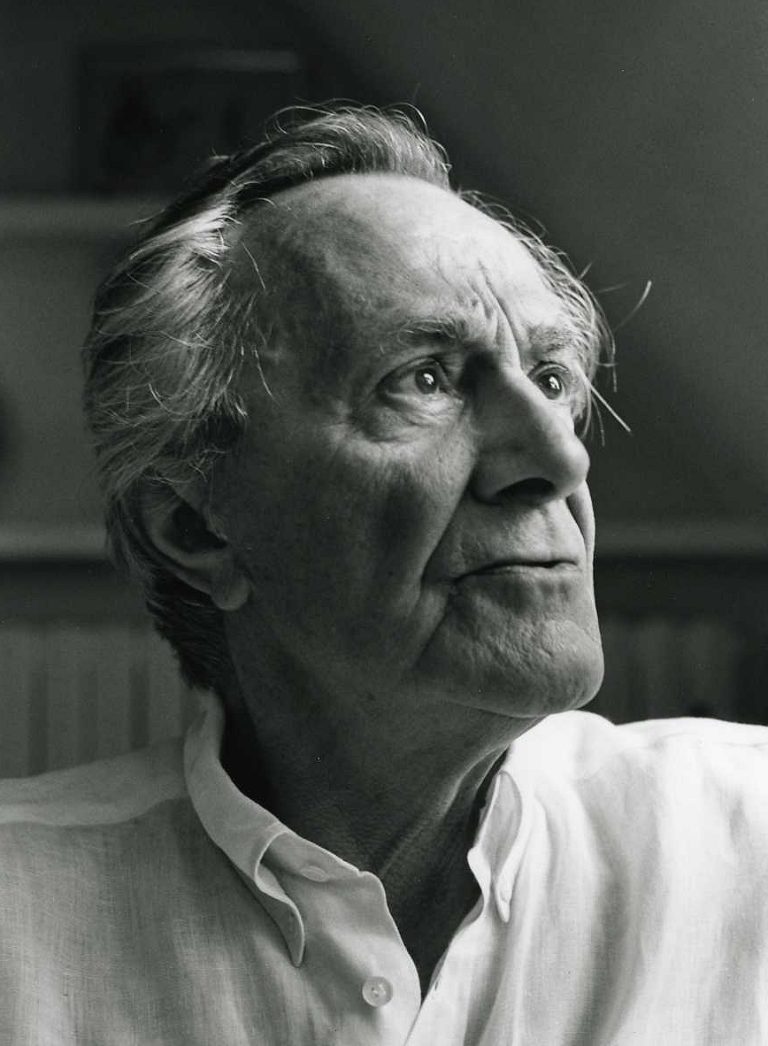
Welcome to February, where once again we are delving into the work of Jean-François Lyotard. A thinker and a critic, Lyotard was interested in the relationship between image and text, so it comes as no surprise that he examined…
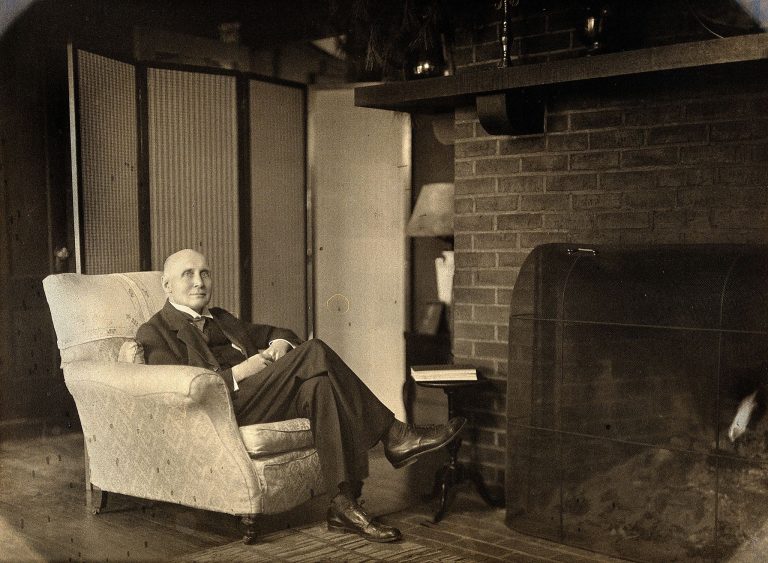
Not many people will read Whitehead’s recent book in this generation; not many will read it in any generation. But its influence will radiate through concentric circles of popularization until the common man will think and work in the light…